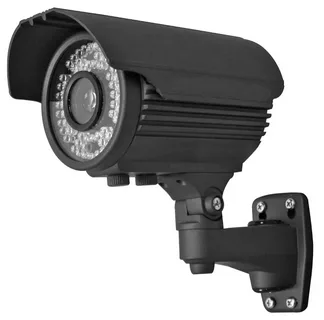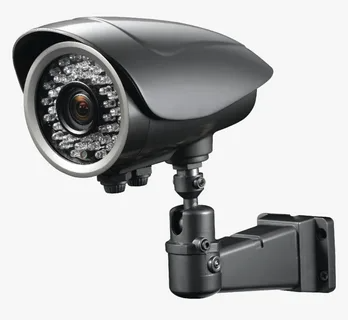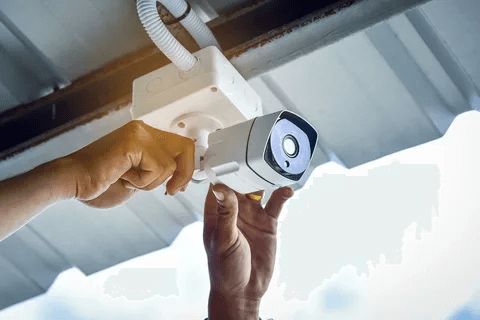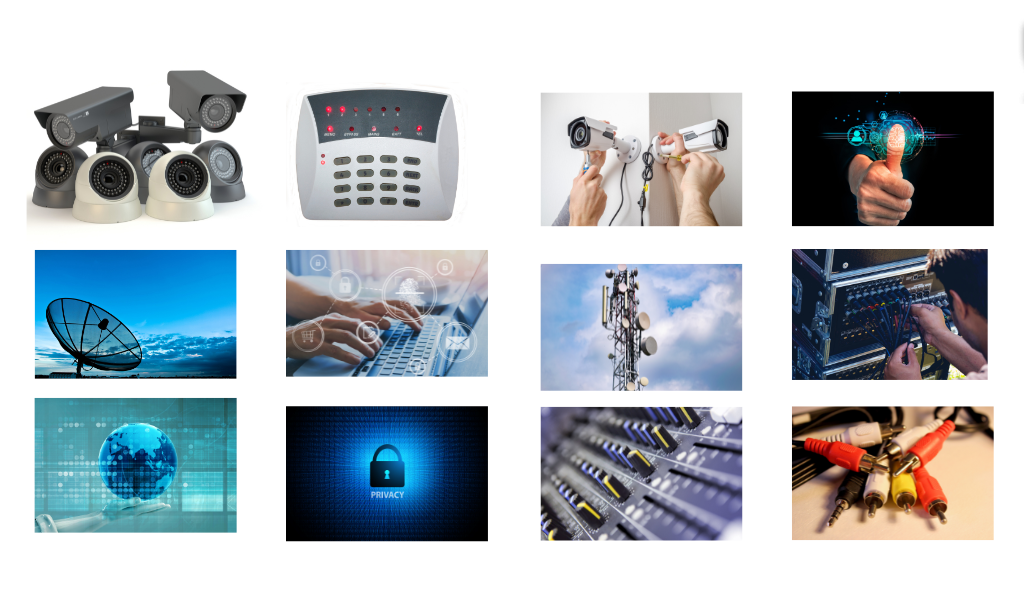Can NAS Help Retail Businesses Manage Point-of-Sale Data?
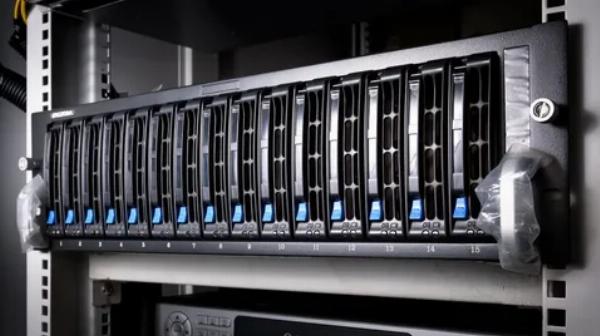
Strong 8k brings an ultra-HD IPTV experience to your living room and your pocket.
In the retail industry, managing point-of-sale (POS) data effectively is crucial for operational efficiency, customer satisfaction, and overall business success. Point-of-sale systems generate vast amounts of data, from transaction records and inventory levels to customer information and sales analytics. Network Attached Storage (NAS) offers a powerful solution for retail businesses looking to streamline the management of POS data. This article explores how NAS can assist retail businesses in handling their point-of-sale data, highlighting its benefits and features.
Centralized Data Storage for POS Systems
One of the primary advantages of using NAS for POS data management is centralized data storage. Retail businesses often operate multiple POS terminals across various locations. NAS provides a unified storage solution where all transaction data, inventory records, and customer information can be stored in a single, accessible location. This central repository simplifies data management by allowing retailers to consolidate all relevant information into one system, reducing the risk of data fragmentation and inconsistencies.
Enhanced Data Security
Data security is a top priority for retail businesses, particularly when it comes to sensitive customer information and transaction details. NAS systems offer advanced security features to protect POS data from unauthorized access and potential breaches. Encryption capabilities ensure that data is securely stored and transmitted, safeguarding it from cyber threats. Additionally, NAS devices support user access controls and permissions, enabling retailers to manage who can view or modify specific data. This level of security is essential for protecting customer privacy and maintaining compliance with data protection regulations.
Improved Data Backup and Recovery
Effective data backup and recovery are critical for managing POS data, as retail businesses need to ensure that their information is safe from loss or corruption. NAS systems provide reliable backup solutions, allowing retailers to schedule regular backups of their POS data. Automated backup features ensure that data is consistently backed up without manual intervention. In the event of data loss or hardware failure, NAS devices support recovery options that enable businesses to restore their POS data quickly and minimize downtime.
Seamless Integration with POS Software
NAS systems can be seamlessly integrated with existing POS software, enhancing data management and operational efficiency. Integration allows POS data to be directly stored on the NAS, facilitating real-time updates and access. This connectivity ensures that transaction records, inventory levels, and sales reports are accurately and promptly captured, enabling retailers to monitor their business operations effectively. Integration with POS software also simplifies data analysis, allowing retailers to generate comprehensive reports and gain valuable insights into sales trends and customer behavior.
Efficient Data Management and Access
Managing and accessing POS data efficiently is crucial for retail businesses, especially during peak periods or when analyzing sales performance. NAS devices offer advanced organizational features that help retailers manage their data systematically. By creating a structured folder system, businesses can categorize and store POS data based on criteria such as transaction type, date, or store location. This structured approach improves data retrieval and analysis, allowing retailers to quickly access specific information and make informed decisions.
Scalability for Growing Businesses
As retail businesses grow and expand, their data storage needs also increase. NAS systems provide scalability to accommodate the growing volume of POS data. Retailers can start with a basic NAS setup and upgrade their storage capacity as needed by adding additional drives or investing in more advanced models. This scalability ensures that the NAS system can keep up with the increasing data demands of a growing retail operation, without requiring significant infrastructure changes or disruptions.
Enhanced Collaboration and Data Sharing
Collaboration among retail staff and departments is essential for managing POS data effectively. NAS systems facilitate collaboration by enabling multiple users to access and work on POS data simultaneously. This shared environment is beneficial for retail teams who need to coordinate on inventory management, sales reporting, and customer service. NAS devices support file sharing and real-time updates, ensuring that all team members have access to the most current data and can work together efficiently.
Compliance with Data Regulations
Retail businesses must adhere to various data regulations and compliance requirements, particularly when handling customer information and financial data. NAS systems support compliance by providing features such as audit trails and access logs. These features track changes and access to POS data, helping retailers maintain accurate records and demonstrate compliance with regulatory standards. Ensuring that POS data is managed in accordance with legal requirements is crucial for avoiding penalties and maintaining trust with customers.
Conclusion
Network Attached Storage (NAS) offers significant benefits for retail businesses in managing point-of-sale data. By providing centralized data storage, enhanced security, reliable backup solutions, and seamless integration with POS software, NAS supports effective data management and operational efficiency. The scalability, organizational features, and compliance support of NAS systems further contribute to their value for retail businesses. As the retail industry continues to evolve, NAS stands out as a powerful tool for handling POS data and ensuring that business operations run smoothly.
Note: IndiBlogHub features both user-submitted and editorial content. We do not verify third-party contributions. Read our Disclaimer and Privacy Policyfor details.



